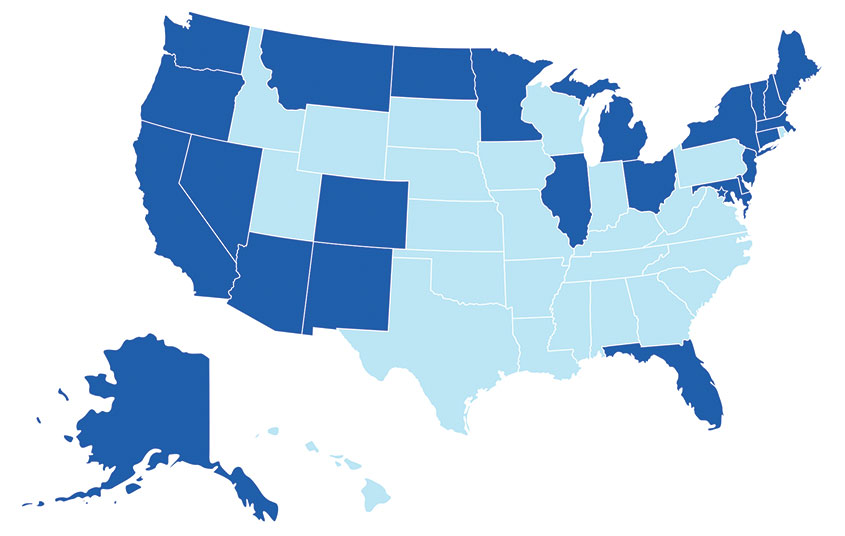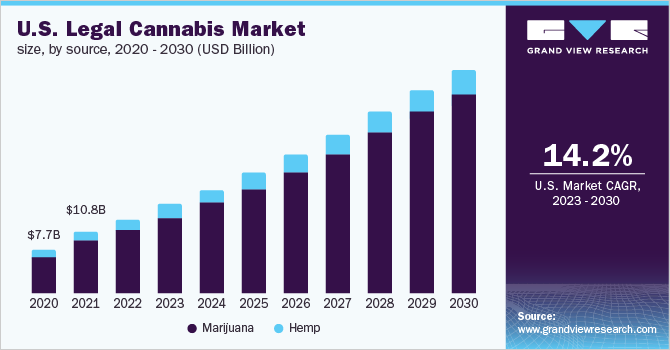Medical Marijuana Advocacy: Breaking Down Barriers to Accessible Treatment
Medical marijuana has been a controversial topic for many years, but as its proven benefits continue to emerge, a growing number of advocates are pushing for improved accessibility to this alternative treatment. Despite its proven efficacy in treating various conditions, many patients still face significant barriers when it comes to accessing medical marijuana. In this article, we will explore the importance of medical marijuana advocacy and the need to break down these barriers.
The Benefits of Medical Marijuana
Medical marijuana, also known as medical cannabis, is derived from the cannabis plant and is used to alleviate symptoms and improve the quality of life for patients with a wide range of medical conditions. Its active compounds, called cannabinoids, have been shown to provide relief from chronic pain, nausea, muscle spasms, seizures, and many other symptoms.
Furthermore, medical marijuana has demonstrated promising therapeutic potential in treating conditions such as multiple sclerosis, epilepsy, cancer-related symptoms, and even mental health disorders like anxiety and PTSD. Its natural properties make it an appealing option for patients who are seeking alternatives to traditional pharmaceuticals.
The Barriers to Access
While medical marijuana has gained legal recognition in many states and countries, there are still formidable barriers that prevent patients from accessing this treatment. These barriers include legal restrictions, limited availability, high costs, and stigmatization.
Legal Restrictions
One of the primary barriers to medical marijuana accessibility is the inconsistency in its legal status across different jurisdictions. While some countries and states have embraced the medical benefits and have legalized its use, others still classify it as an illegal substance. This legal disparity creates confusion and hinders patient access to necessary treatment.
Limited Availability
Even in areas where medical marijuana is legal, patients often struggle to find dispensaries or healthcare professionals who are knowledgeable about cannabis-based therapies. This limited availability of knowledgeable healthcare providers restricts patients’ ability to seek guidance, obtain prescriptions, and access the appropriate strains or products.
High Costs
Medical marijuana can be prohibitively expensive for many patients, especially since insurance companies do not typically cover the costs associated with its purchase. The high price tag of medical marijuana poses a significant financial burden on patients who rely on it for daily symptom management.
Stigmatization
Despite mounting scientific evidence and success stories, medical marijuana still faces social stigma and negative misconceptions. This stigma discourages patients from seeking out this treatment option and may deter healthcare professionals from prescribing it. Breaking down the stigma surrounding medical marijuana is critical to improving access to this potentially life-changing treatment.
Advocacy for Accessible Treatment
Recognizing the importance of accessible treatment, medical marijuana advocates are working tirelessly to break down these barriers and pave the way for patients to access this alternative therapy more easily.
Advocacy efforts include promoting education and awareness about the medical benefits of marijuana, pushing for legislative changes to resolve legal inconsistencies, expanding the availability of dispensaries and knowledgeable healthcare professionals, and advocating for insurance coverage of medical marijuana costs.
Furthermore, advocates emphasize the need to combat the stigma associated with medical marijuana by sharing personal stories, success testimonials, and scientific evidence to debunk myths and misconceptions about cannabis-based treatments.
By joining advocacy efforts and supporting the cause, individuals can contribute to improving access to medical marijuana and ensuring that patients receive the treatment they need.
Conclusion
Medical marijuana advocacy plays a crucial role in breaking down barriers to accessible treatment. By raising awareness, promoting education, and fighting against stigma, advocates strive to improve legal recognition, availability, affordability, and social acceptance of medical marijuana. It is essential for communities and policymakers to acknowledge the potential benefits of medical marijuana and work together to ensure that patients have equal access to this alternative treatment option.
Share:



